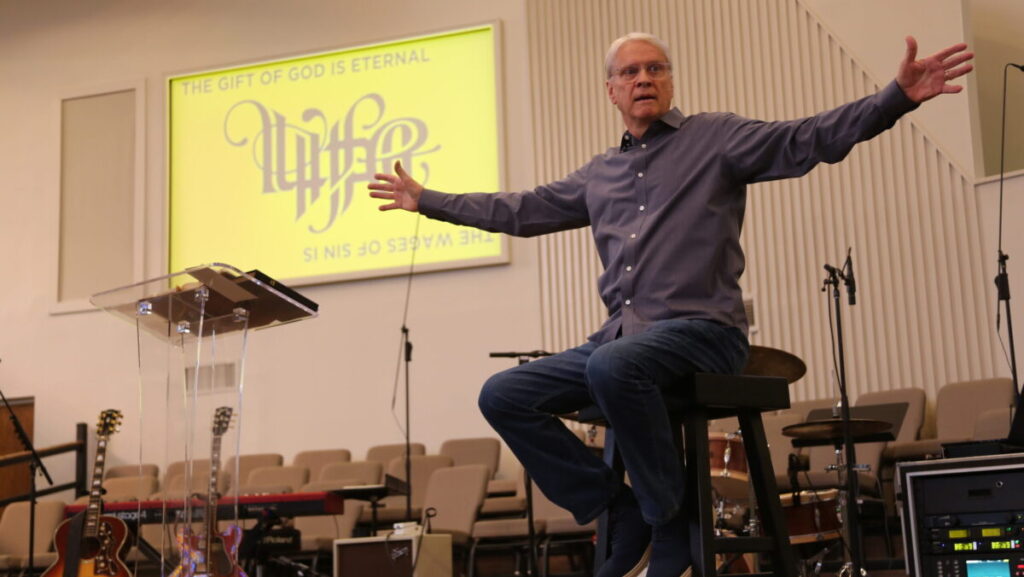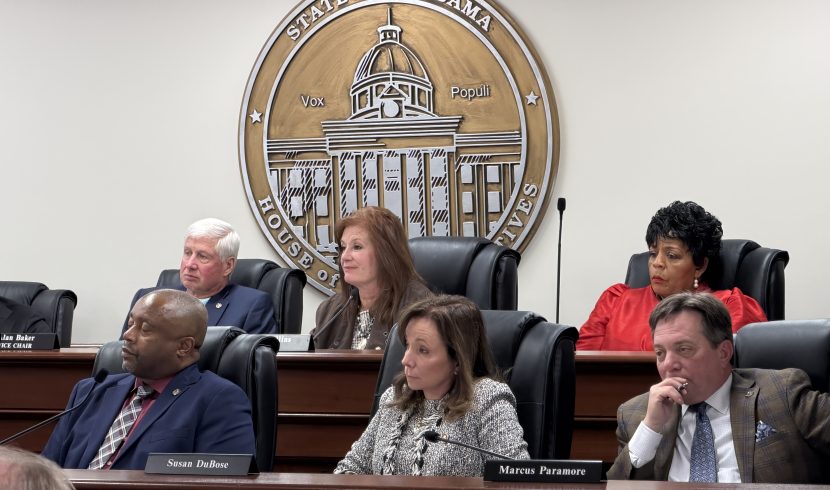Editor’s Note: The following statement was released May 26 by the Baptist Faith and Message Study Committee.
We released our report on May 18 to ensure that Southern Baptists would have ample opportunity to review our recommendation and respond to our proposal. Thus, we are thankful for the many responses we have received and for the outpouring of favorable response to our proposed revision of the Baptist Faith and Message.
“Some very good questions have been raised concerning our report. Some have asked why we did not include more of the 1963 preamble. Our task was to compose a preamble specifically designed to introduce the Baptist Faith and Message to a new generation. Following the example of the 1963 committee, we included specific language from the 1925 preamble-historic statements that have won and honored place in our Southern Baptist heritage.
“We believe that the concepts of soul competency and the priesthood of all believers are cherished Baptist principles. We also believe that these are included in and defined by the sixth article of our report, ‘The Church,’ where we state that ‘each member is responsible and accountable to Christ as Lord.’
“We are following the example of the 1925 committee and its chairman E.Y. Mullins — who developed the concept of soul competency and was its first advocate. That committee’s report, like our own, lets the article speak for itself, and does not insert such language into the preamble. We affirm soul competency, and with Mullins define that this principle ‘means a competency under God, not a competency in the sense of human self-sufficiency.’
“Others have asked why we changes the language in Article 1, ‘The Scriptures.’
“Events in recent years have demonstrated that we needed to clarify that the Bible is not merely the record of God’s revelation, but is itself God’s revealed Word in written form. With Christians throughout the ages, most Southern Baptists believe in verbal inspiration. The Bible itself teaches that every word of Scripture was inspired by God, and is therefore completely true and trustworthy (2 Timothy 3:16). The Bible is inerrant, infallible, and is our sole authority for faith and practice in the Church.
“The Closing sentence of the 1963 statement on the Scriptures has been a cause of controversy. Some have used the language defining Jesus Christ as ‘the criterion by which the Bible is to be interpreted,” to drive a wedge between the incarnate Word and the written Word, and to deny the truthfulness of certain passages. We use stronger and more historic language in affirming the fact that ‘all Scripture is a testimony to Christ, who is Himself the focus of divine revelation.’ As Christ said of the Scriptures, ‘these are they which testify of Me’ (John 5:39).
“In light of modern theological controversies, we have clarified that Southern Baptists believe in the unlimited omnipotence of God, and in the essential fact of Christ’s substitutionary death on the cross. We do not deny that the other historic understandings of the atonement add to our appreciation for the saving work of Christ, but the central message of the New Testament is that Christ ‘died for our sins, according to the Scriptures’ (1 Corinthians 15:3).
“The secular media have directed their focus to the revisions in Article VI, ‘The Church.’ Why did our committee decide to deal with the issue of women in the pastorate? Simply because we were driven by biblical authority, a sense of urgency, and the near unanimous verdict of our churches.
No women pastors
“First, we faced the fact that the Bible is clear in presenting the office of pastor as restricted to men. There is no biblical precedent for a woman in the pastorate, and the Bible teaches that women should not teach in authority over men. Second, the issue of women in the pastorate demands attention in our time, when other denominations are abandoning biblical teaching and calling women to serve as pastors.
“The 1925 committee chose to write an article on the social and moral demands of the gospel. The 1963 committee chose to write an article on the social and moral demands of the gospel. The 1963 committee revised this article, addressing selected moral issues of that day. Our committee has followed this precedent. We have added language calling upon Southern Baptists to defend human life from the moment of contraception to natural death. We have also addressed the issues of homosexuality, adultery, pornography, and all other forms of sexual immorality. With great urgency, we make clear that racism is a wretched sin that has no place among the people of God. Southern Baptists cannot remain silent on these issues.” (BP)





Share with others: